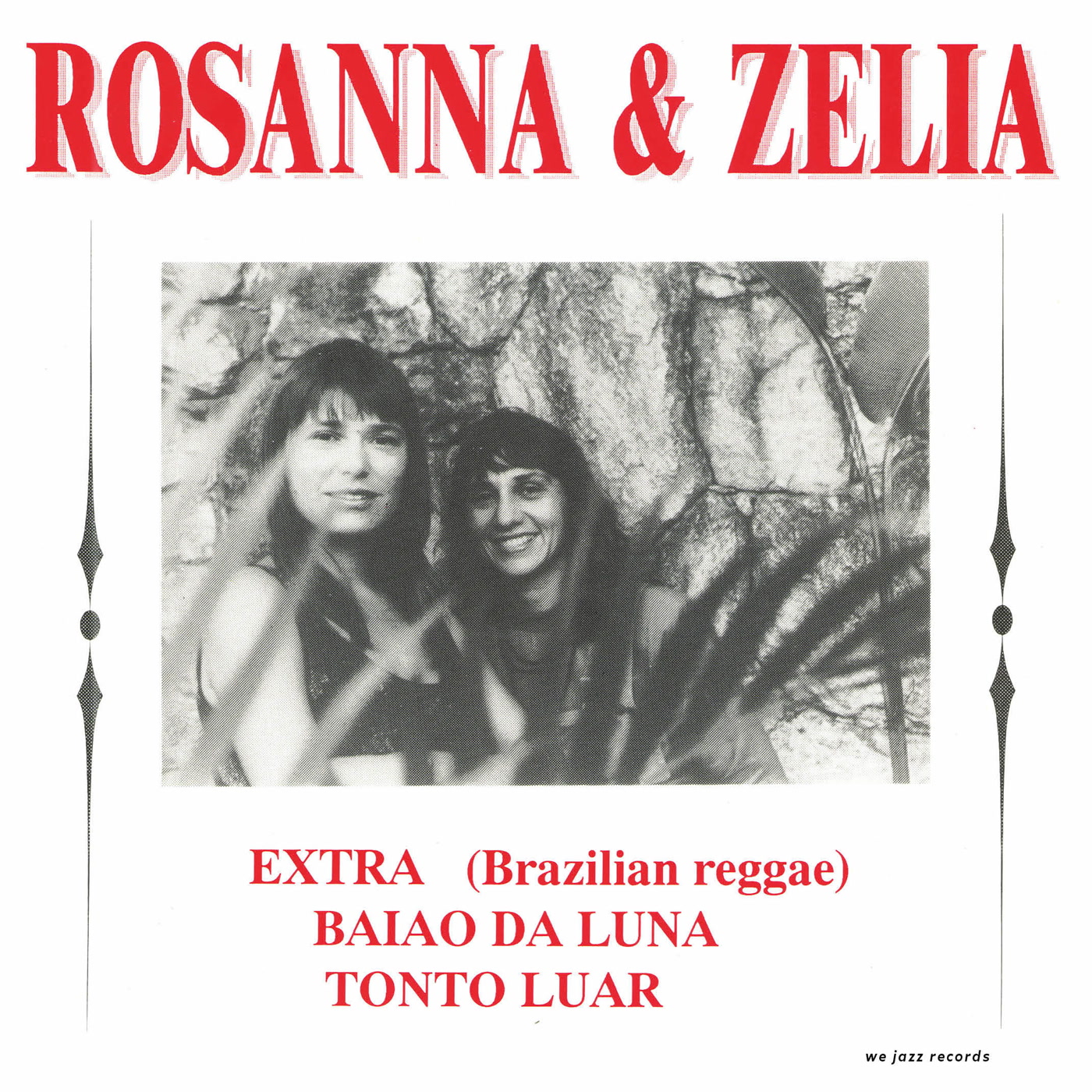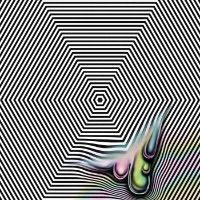- Digital
Rosanna & Zélia
Baiao Da Luna
We Jazz
- Cat No: WJ075002
- Release: 2023-03-31
- updated:
Track List
-
1. Rosanna & Zélia - Baiao Da Luna
02:36 -
2. Rosanna & Zélia - Tonto Luar
01:26 -
3. Rosanna & Zélia - Extra (Brazilian Reggae)
06:01
24bit/48khz [wav/flac/aiff/alac/mp3]



